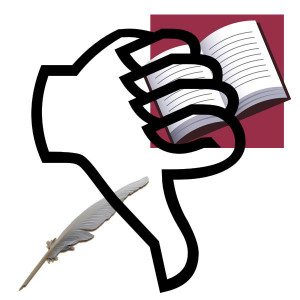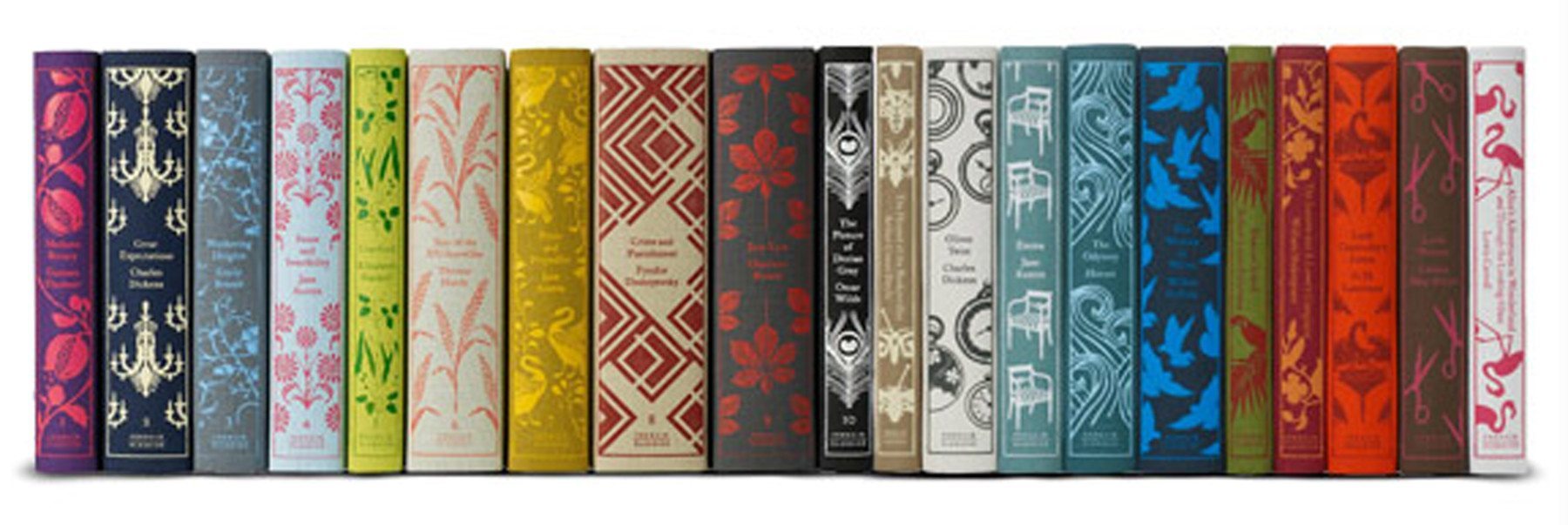Classics: monumental masterpieces or a total bore?
[dropcap]T[/dropcap] hrough the many years (for some, very long years) of secondary education and beyond, it is safe to say we have all read our fair share of the ‘classics’. As many of us struggled through the spiels of Bronte’s Wuthering Heights, with its defiantly complex plot which twists and turns dizzily through time, it is safe to say the minority of people actually understood why we were reading it. What makes a novel a ‘classic’? And why is it that we don’t read Bridget Jones for our A-level coursework? These questions form part of one of the most tantalizing debates among literary critics. T.S Eliot, ironically now deemed a ‘classic’ himself, attempted to explain the genre as ‘the work of a mature mind’. This in itself is ambiguous though, surely Helen Fielding, author of Bridget Jones, had a mature mind in order to write about the complexities and confusion of modern life? Therefore, what elevates Shakespeare and Bronte above writers like Fielding, and why are classics so highly reputed?
The French critic, Sainte-Beuve said, ‘What is a classic? … A delicate question’ but it appears quite obvious that the classics have an almost golden quality about them that cannot be ignored: otherwise they wouldn’t still be studied in the present day. Another critic, Mark Twain, suggested his view, ‘A classic – something that everybody wants to have read and nobody wants to read.’ This suggests that the classic genre is perhaps out of reach in the modern era, but somehow it still seems imminent in our culture today; just think of the many influences of classics on the present, for example the love story of Romeo and Juliet is worldwide, and has even featured in pop songs by the likes of Taylor Swift. This suggests then that there is something about classics that stays with us; Kermode suggests that ‘classics cross time and transcend national borders’ and we can see that this is very accurate with the works of Shakespeare being translated into every major language in the world – that’s a lot. His plays are also the most widely and frequently performed of any other playwright – living or dead – which is extremely impressive. This is also true if we look at transnational classics, Goethe with his Faust is as much a classic here as Shakespeare is in Germany, and it is true to say that the huge majority of works do not live past the period they were created in, or shift smoothly into the realms of different languages. So is this perhaps then what makes a classic work, one that stays with us and seems to transcend the constraints of time and language that other works of literature cannot do? However, despite them having this mysterious transcendent quality, it cannot be forgotten that often classics are not every-day reads; who could forget the struggles of reading Dickens or Bronte quickly…I certainly can’t. So it is probably safe to say that classics are both  avoided and loved, a bit like the Marmite of the world of literature.
avoided and loved, a bit like the Marmite of the world of literature.
The question is: is it wrong not to like a classic novel and find it a total bore? Kermode argues that ‘it is the classic’s ability to be both antique, yet modern’ that makes it monumental. However, often it is difficult to see the modern aspect in a book completely categorised as ‘classic’. For many, the long twisted plots leave us lost, and the immensely elaborate descriptions leave us wondering what the point of it all is, therefore it is no wonder that many people find classics boring and potentially mind-numbing. It may be the ability to see through these aspects that allows the classic to really become alive, giving it permission to live up to its momentous reputation; allowing us to understand why, for some readers, the classic is a book they have obsessively read time and time again, and can quote from as if it were a learnt second language. Perhaps therefore, the reason why the classic is hard to define and pin down is because of individuality, and the fact that ever individual reader will instinctively know what they deem as classic and what they would not. This can be affected by all sorts of aspects such as educational and social influences.
Despite classics being a challenging read, and often a read that people cannot be doing with, it is clear that they hold a very strong element in our vast expanse of literature and they cannot be ignored. However, it may be important to remember that just because a classic is highly reputed and has lasted through time, it does not necessarily mean it will be the best novel of the century for every reader, it is a mere difference of opinion for individuals. So although it is clear it is a highly debated section of literature if it is down to personal opinion then the question of the classic as the ‘golden’ literature is a question that must be left open. Then again, if they have lasted all this time there must be a reason for it.

Comments (1)
Hi there exceptional website! Does running a blog similar to this take a massive amount work?
I have virtually no understanding of coding however I was hoping to
start my own blog soon. Anyways, should you have any recommendations or techniques for new blog owners please share.
I know this is off topic nevertheless I simply had to ask.
Thanks!